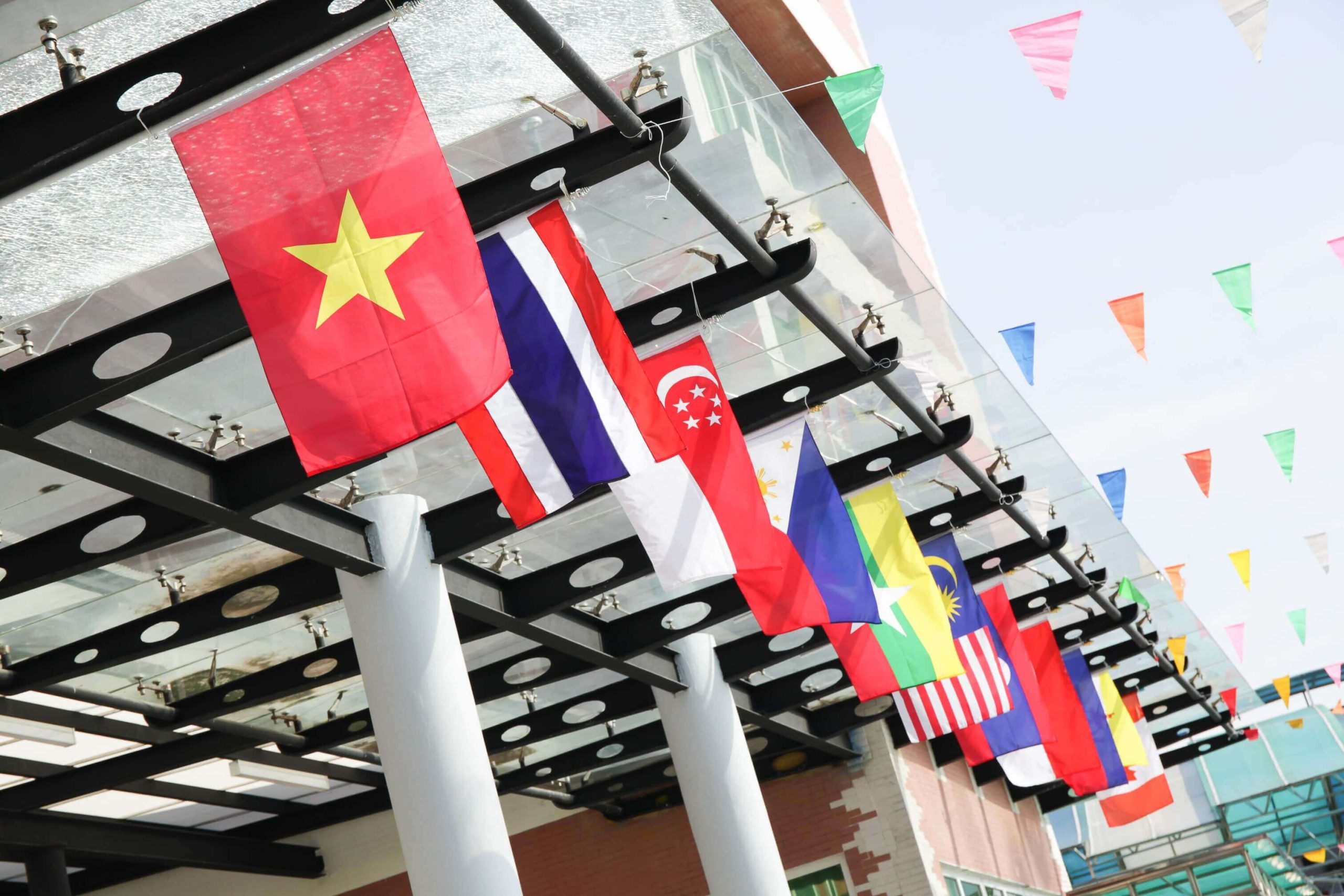We’ve heard about the Russia-Ukraine war and have felt it’s effects, especially in our oil prices that have badly impacted the prices of our daily expenses towards work from our condo in Las Pinas. That said, we’re actually not pretty aware on its impacts outside gas and travel. We forget that the war affects the supply chain that takes into control and impacts the global food markets.
The largest trade agreement in the world, the Regional Comprehensive Economic Partnership could play a major role in reducing food costs amid the spike in oil prices and other commodities brought by the war in Eastern Europe. The packaging institute of the Philippines’ President Stefano Paolo Bunag said regional integration needed by regional and global supply chains through the RCEP can help reduce commodity prices.
But what is the RCEP and what do they do? We explain how this impacts the food chain in your condo in Las Pinas in a positive way in today’s article.
What is the RCEP?

For those of you who don’t know, the Regional Comprehensive Economic Partnership is a proposed agreement between the member states of the Association of Southeast Asian Nations and its free trade agreement partners. The pact aims to cover trade in good and services, intellectual property, and the like.
The RCEP was first introduced during the 19th ASEAN meet held in November 2011. The RCEP negotiations were kick-started during the 21st ASEAN Summit in Cambodia in November of 2012. Members of the RCEP include the usual countries that one would expect. Including but not limited to Brunei Darussalam, Cambodia, Indonesia, Laos, Malaysia, Myanmar, the Philippines, Singapore, Thailand, Vietnam, China, Japan, India, South Korea, Australia, and New Zealand.
The end goal of this project is to create an integrated market with 16 countries, making it easier for products, and services of each of these countries to be available across this region. Obviously, we’re discussing RCEP because their negotiations are focused on the following: trade in goods and services, investment, intellectual property, dispute settlement, e-commerce, smalls and medium enterprises, and economic cooperation. Each country that joined the organizations had different reasons but more than anything, would allow the countries to tap into a huge market. Some like pharmaceuticals, cotton yarn, and the services industry were confident of making substantial gains.
Why are they important?

15 countries in Asia-Pacific signed the RCEP Agreement at the fourth RCEP summit on 15 November 2020. These countries account for 30% of the global Gross Domestic Product and will be the world largest free trade agreement. It is also the first FTA between the Asian economic powerhouses of Japan, China, and South Korea. While RCEP will likely only enter into force from 2022, the impact of RCEP to companies’ operations will be significant to warrant attention today. With this in mind, the RCEP’s share of the world economy could account for half of the estimated $0.5 quadrillion global by 2050.
Perhaps more importantly, RCEP is especially important in post-COVID, because you need to keep trade lanes open, especially given that the entirety of Asia is a trade-dependent region but you also need to have new sources of economic growth. It seems clear that we’re going to have an uneven recovery coming out of COVID, so you want to be harnessed to different possible engines to drive recovery. I think having an Asian agreement with Asian powerhouse economies in it is really helpful. It’s helpful, not just for those economies, and not just for big multinationals, but it’s also very helpful for smaller businesses because supposedly, you need to start that rebound in growth somehow.
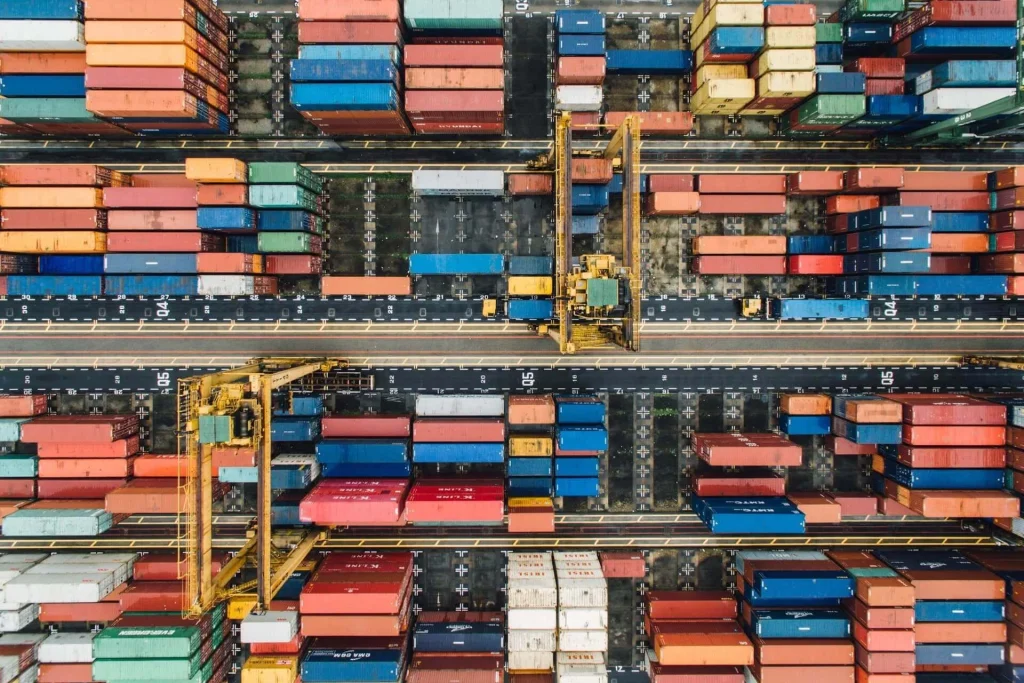
More than anything, it’s important to remember just how much the entire region has been struggling to keep up with the demands of COVID. Philippine numbers keep going up and Thailand constantly has to go into lockdown. This is a region that has and will continuously get hit hard by COVID and they’re going to need whatever they can to help push a recovery.
As an overall concept and project, the RCEP is actually pretty well made. Most trade experts, for example, dislike trade agreements because it’s preferential and biased in nature. After all, there are benefits for being in the trade agreement and unnaturally large penalties for being out. Once you begin making large regional trade agreements, the incentives for you to align your supply chain and the subsequent good, services and investments like a condo in Las Pinas they provide around that geographical space go up. Then once you set those in place, they are honestly quite difficult to dislodge. There will be massive business changes as a result of this new trade agreement, even amongst companies that aren’t particularly focused on joining and being an active member of the RCEP.
Think about it this way, once you find out that there are major incentives for staying within the geographic trade routes of your agreement, why would you ever want to leave? Once you start “thinking Asia”, it doesn’t really matter whether the agreement covers the things and industries that you care about. Your brain is just constantly telling you that there are “benefits in Asia, investments in Asia, and a future in Asia.”
This concept will be a genuinely new and revitalizing thought process for the Asian economy and the businessmen within the ecosystem. As an added bonus, this also means that it’s so much easier to negotiate or discuss future trade, rules and regulations with countries invested within the RCEP, as opposed to discussing them somewhere else, such as in Geneva. Almost everything will be discussed in the RCEP, everything under the sun from AI, blockchain, or the sharing economy taking place all in the RCEP. Now, it may not have been planned that way in the beginning but the way that all this is set up makes it so that making work plans, policy objectives, capacity building programs, sit down together and come up with new standards.
What is happening in the Russia-Ukraine War now?

On February 24, 2022, the Russian state shocked the world as Russian Troops and other Russian forces invaded Ukraine.
The attack of the Russian military subsequently triggered Europe’s largest refugee crisis since World War II as 4.2 million Ukrainians fled the country and a quarter of the population displaced. The invasion marked a major escalation of the Russo-Ukrainian War, which began following the 2014 Ukrainian Revolution of Dignity. Russia subsequently annexed Crimea, and Russian-backed separatists seized part of the south-eastern Donbas region of Ukraine, sparking a war there. In 2021, Russia began a large military build-up along its border with Ukraine, amassing up to 190,000 troops along with their equipment. In a broadcast video conference shortly before the invasion, Russian president Vladimir Putin espoused irredentist views, questioned Ukraine’s right to statehood, and falsely accused Ukraine of being dominated by neo-Nazis who persecute the ethnic Russians minority.
Recent news, for example, Ukraine’s top prosecutor and government officials said 410 bodies were found in other towns recaptured in full control from retreating Russian forces who were killing civilians near Kyiv as part of an investigation into possible war crimes, according to a report done by Reuters. The mayor in Bucha, a town 23 miles northwest of Kyiv that has been liberated by Ukrainian forces which saved thousands, told Reuters that 300 residents had been killed while fighters from Chechnya controlled the area.

European leaders and even the U.S. chimed in as US president, Joe Biden, called the Russian State President, Vladimir Putin, a war criminal on a statement and said he would call for a war crimes trial with the assistance of the human rights council- citing the alleged events of Buch done by Russian soldiers as the main point of critique and other human rights violation. Biden said that he would seek more new sanctions after reported atrocities in Ukraine, but his comments to reporters did not go as far as calling the Russian actions genocide.
“We have to continue to provide Ukrainian authorities with the weapons they need to continue the fight. And we have to gather all the detail so this can be an actual – have a war crimes trial,” Biden said, according to remarks posted by Association Press. Biden lashed out at Putin as “brutal”
How did the Oil Spike Impact Food?
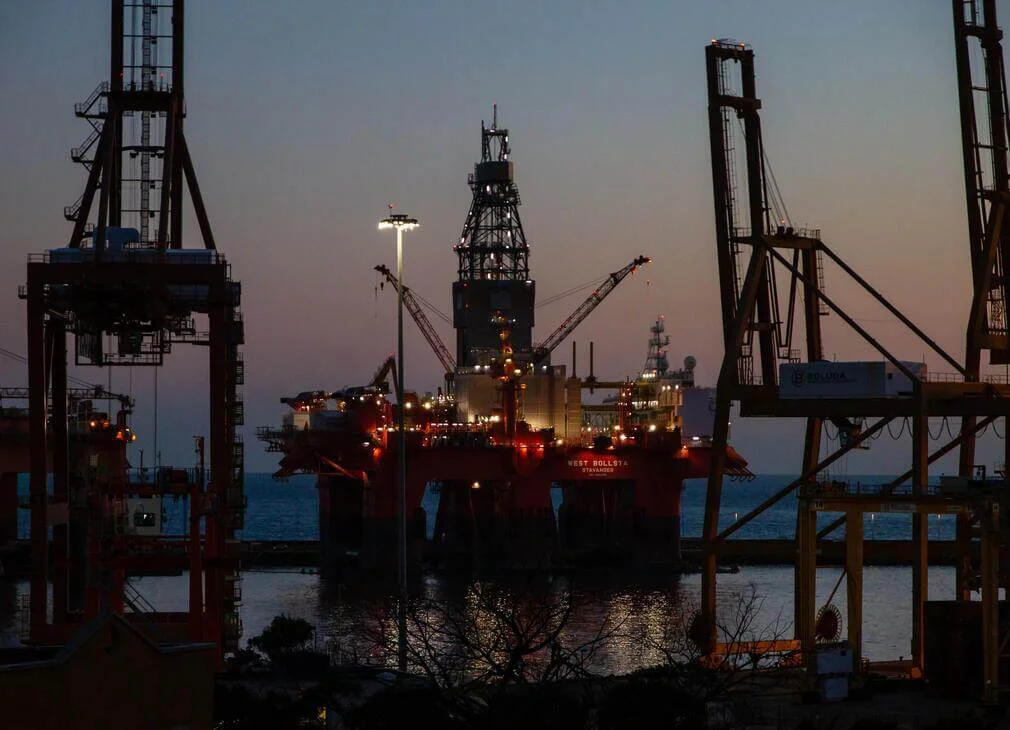
Contrary to popular belief, prices for agricultural commodities have been rising over the past 10 years, not just extremely recently due to the war. During the same period, crude oil prices have also increased substantially. The simultaneous rise in the price for agricultural inputs and crude oil has raised new questions about whether an increase in oil prices translates to increased food prices, an occurrence often called pass-through.
The most common explanation for oil price pass-through is related to energy policy. Think about it this way, gasoline is made primarily of oil and ethanol, corn is the alternative and competitor with oil as an input. This means that increasing crude oil prices (the other main input into gasoline) could translate to higher corn prices. Corn is used not only to make food but also as animal feed, so the costs could transfer through grains, meat, and dairy.
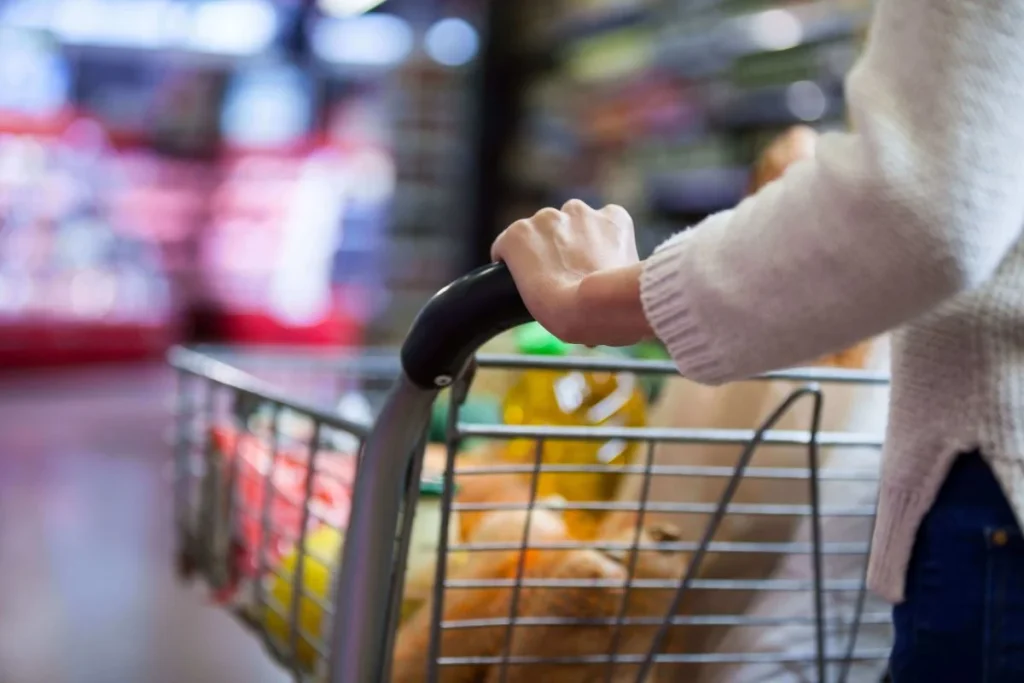
These findings show that there is undeniable linkage between increased food and oil prices, even though it may not be as huge as it may seem. Oil matters to the global food basket for two reasons. First, the costs of transporting bulky commodities are very sensitive to increase in the price of oil. Second, oil is a key component of fertilizer and understandably, if its price rises, the cost of fertilizer rises, agricultural production costs rise, and output prices can rise as a result. This can often be passed on through the food chain towards the consumer in the form of higher retail prices – hence food price inflation.
We need to recognize that many countries do not produce all of their own food from domestic resources. The UK imports about 40% of the food it consumes ranging from items such as bananas, tea, and coffee, through to bacon, butter, and lamb – all products that it also produces domestically. If they’re not creating these products domestically, where are they creating them? We think the answer is obvious: internationally. And importing products takes time and supplies. Supplies from abroad can be greatly affected by shocks to the system, such as the delays experienced during the pandemic, or trade policy changes. All these can help drive up prices, as can fluctuations in currency exchange rates.
How will the Regional Comprehensive Economic Partnership Help The Oil Impact on Food
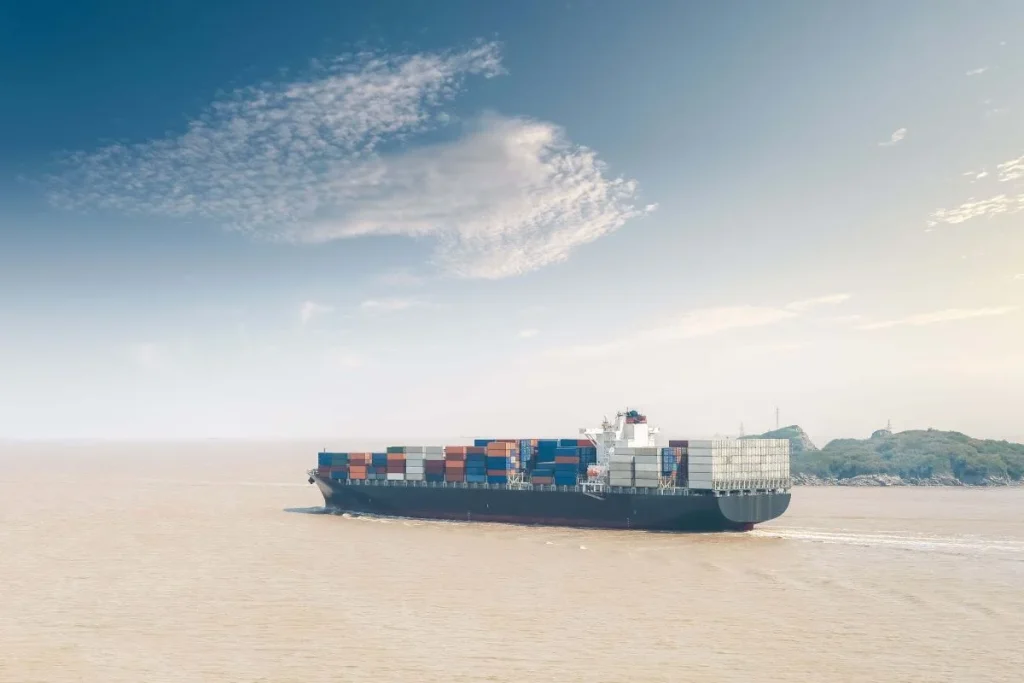
RCEP, then, is supposed to help in harmonizing the utilization of modern technology, packaging, processing, and logistics for more effective and efficient global trade.
The RCEP of ASEAN’s focus is heavily aligned with that of WPO on the crucial aspect of population as a development factor, this time, covering a market of around 2.2 billion people, which is about 30 percent of the world’s population and roughly producing $26.2 trillion worth of global output. This project should heavily combat the rapidly rising commodity prices due to the war in Easter Europe and the embargoed Russian oil supply.
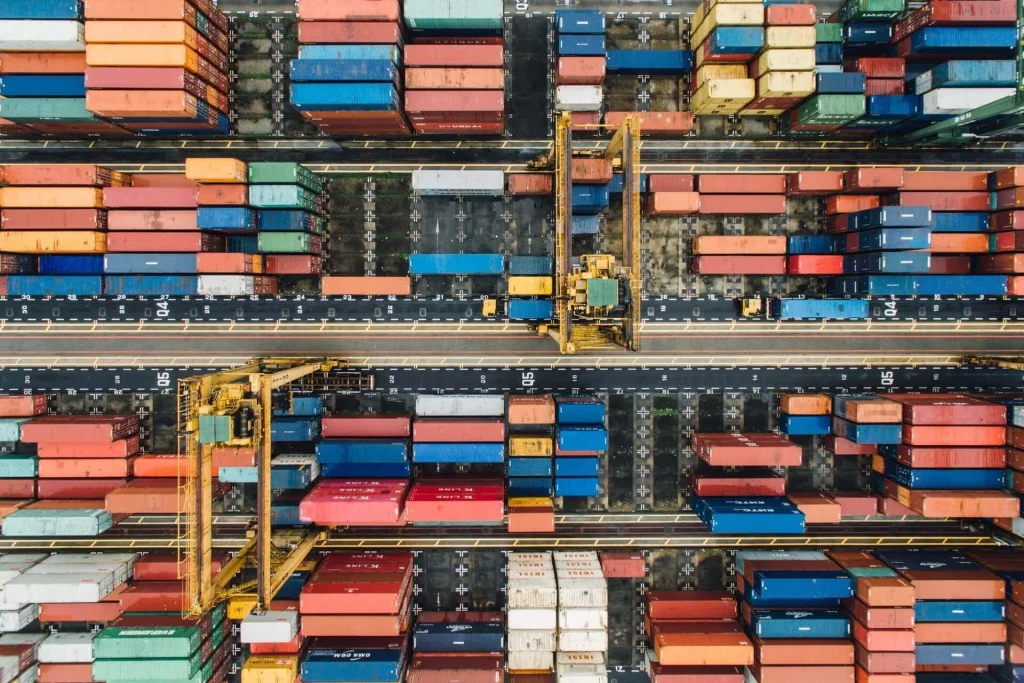
Prices of practically all soft commodities in agricultural, livestock and meat, to hard commodities like energy and metal products, have increased and distributed the supply and demand balance as well as packaging to logistics correlation.
RCEP, then, will help reduce poverty and help build up the wealth that the people will need amidst the rising commodity prices. Poverty is also a result of food loss and waste, so the global food packaging industry has much to contribute to addressing these issues on food losses and wastes. Hopefully, the trade agreements we have with the other countries in our region will prove to be advantageous.
Crown Asia, at the same time, is looking to provide the same level of commitment to security and forward planning as those of the RCEP. Our properties like a condo in Las Pinas, were built to last and the communities we’ve created all look to provide the best possible environments for raising family and living out the rest of your life. The properties and homes for sale that we have available are running out fast so do make sure to check out our website and find your forever home with us here at Crown Asia.
Related Blog: How the Russia-Ukraine Conflict Will Impact the Philippines’ and World’s Economy


